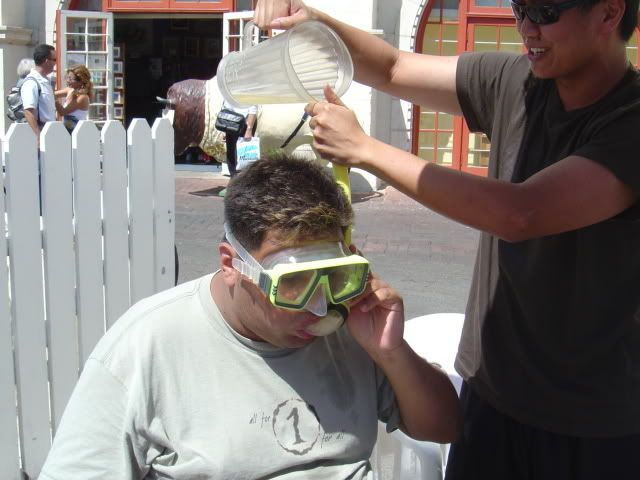A question for those of you who favor snorkels because of the possibility of needing one to help breathe while waiting for pick-up/rescue at sea. (And please, this is a serious question from one who has not ever been in the situation of having to spend any significant time on the surface in heavy seas -- or calm ones for that matter.)
How does a snorkel help you in any significant way to combat the splashing from the wave action? I can't get a picture of how it would help.
Assumptions: a. If adrift my BC/wing is fully inflated and weights are ditched to the maximum possible;
b. I'm going to try to be either vertical or slightly on my back with my face tilted up; and
c. I'm going to be facing downwind -- not into the wave action.
Are my assumptions wrong? If so, what is wrong.
If the assumptions are correct, how does a snorkel help?
How does a snorkel help you in any significant way to combat the splashing from the wave action? I can't get a picture of how it would help.
Assumptions: a. If adrift my BC/wing is fully inflated and weights are ditched to the maximum possible;
b. I'm going to try to be either vertical or slightly on my back with my face tilted up; and
c. I'm going to be facing downwind -- not into the wave action.
Are my assumptions wrong? If so, what is wrong.
If the assumptions are correct, how does a snorkel help?




